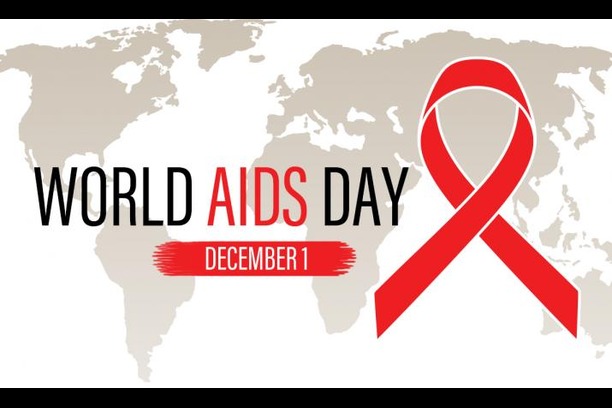World AIDS Day: Top 10 frequently asked questions on HIV and AIDS
Report by: Kashish Pal
Many people still think HIV and AIDS are the same – just one of the many myths about the condition. On World AIDS Day, read frequently asked questions about HIV and AIDS.
Human immunodeficiency virus or HIV is an infection that weakens our body’s immune system whereas acquired immunodeficiency syndrome (AIDS) is the late stage of the infection. People tend to mix up the two, but they are not the same thing. There are more doubts about HIV and AIDS. So, on the occasion of World AIDS Day, which is commemorated on December 1, an expert answers some of the frequently asked questions about HIV and AIDS. – Medically Reviewed by
Dr Vasant Nagvekar
At the end of 2022, it was found that about 39.0 million people were living with HIV, as per the World Health Organization. As many as 6,30, 000 people lost their lives due to HIV-related causes last year.
*Frequently asked questions about HIV and AIDS*
There are many questions that people have regarding HIV and AIDS. Some of them are:
1. *How long is my lifeline with HIV?*
Antiretroviral therapy (ART) is recommended for people living with HIV. As long as they take the medicines under this therapy, they will have a normal life span, says Dr Vasant Nagvekar, an expert in infectious diseases.
*2. How long do I have to take the medicines?*
A. A person diagnosed with HIV will have to take the HIV medication for their entire life.
*3. Is there a permanent cure for HIV?*
A. There is no permanent cure, but it can be kept under control with appropriate medications, says the expert. Our body also can’t get rid of HIV, so once you have it, it will be with you for life.
*4. Can I share the same washroom with my family?*
Yes, of course, using the same washroom with your family is not a problems. HIV is spread from the body fluids of a person who is infected, not by using the same washroom.
*5. Can I use the same utensils with my family?*
Yes, you can use the same utensils. HIV does not spread by sharing food or using the same utensils.
*6. Do I require some additional vaccination with HIV?*
A. Currently, there is no vaccine to prevent or treat those who are living with HIV infection.
*7. If me and my wife are HIV positive, can our children be HIV negative?*
Yes, provided both are virologically suppressed, especially the mother, says Dr Nagvekar. Also, the parents need to check with a specialist about delivery, breastfeeding and antiretroviral therapy for the newborn.
*8. I am HIV positive, so can I cook food for my family?*
Absolutely! HIV is majorly transmitted by sexual means, mother to child (if mother is positive) and through blood transfusion.



